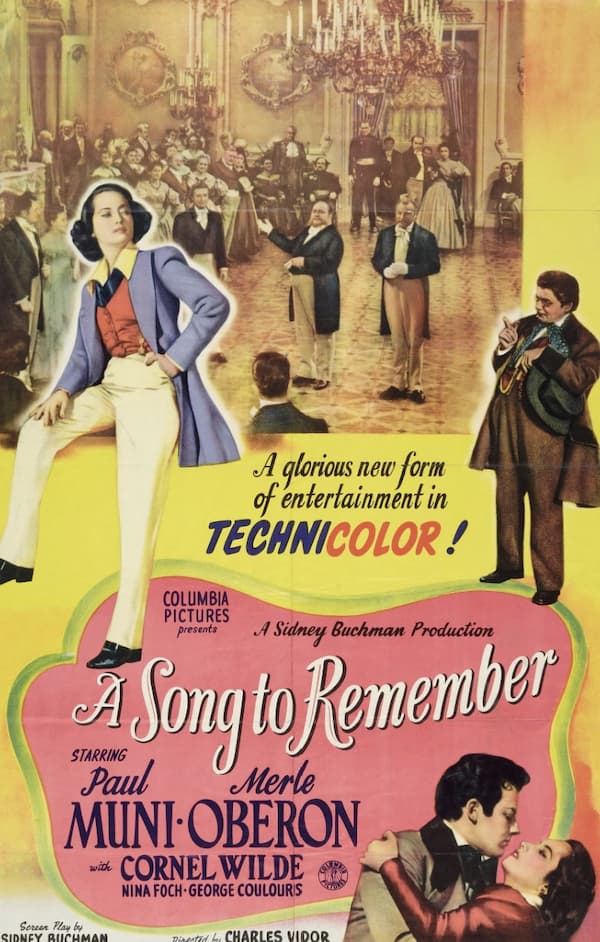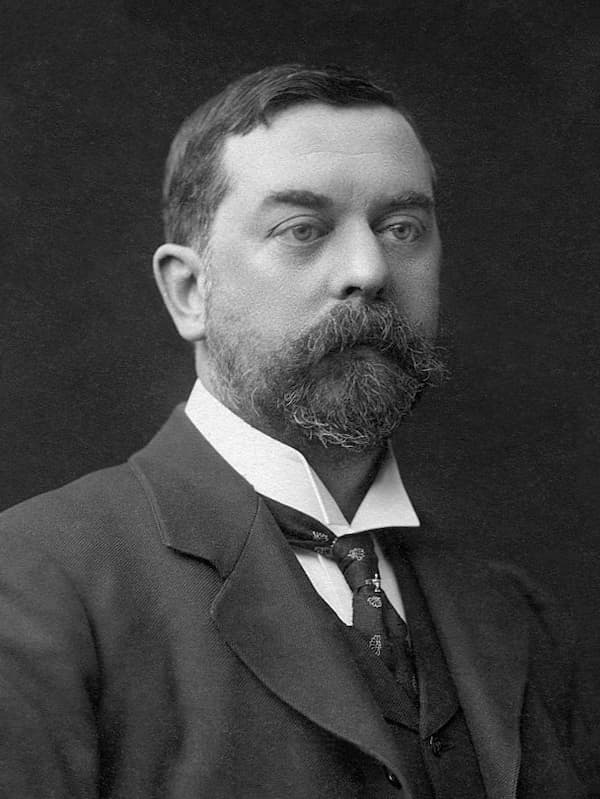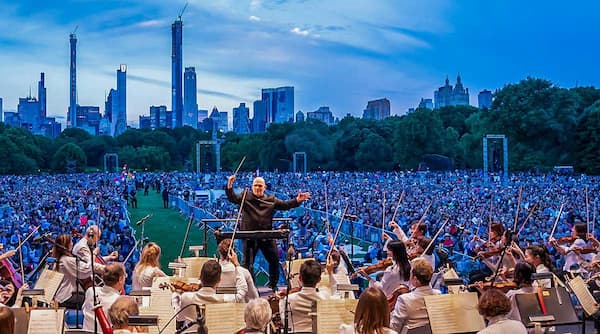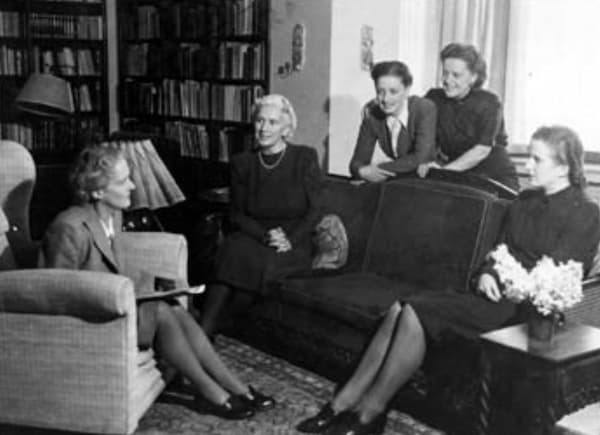One of the most discussed composers of our times; Philip Glass. When he first started performing and recording his music in the 1960s in New York, much of the conservative classical world initially rejected him. Luckily, sixty years later, it seems that the opinions have changed. Glass’ approach to music has always been revolutionary, he initially rebuked the Darmstadt school and the Second Viennese school. In his view, it seems tonality had a place, and this was through repetition and motifs. His music has often been copied but never equalled, and he is today one of the most instantly recognisable as well as original musicians of the 21st century. If many associate Glass with minimalism — and rightfully so, having spearheaded the movement — few have often realised that lies a romantic composer who has revealed himself as such over the years.
Philip Glass: Akhnaten – The Window of Appearances
People know Glass for being the father of minimalism — alongside Reich and Riley. One of his most common criticisms is being repetitive in his own works — and by this, the originality of his works is discussed, not the repetitive nature of minimalism. As the composer evolved though, one can clearly see an evolution; from a very process-based music, to an oriental flair and to eventually the subject of this article, a romantic allure.
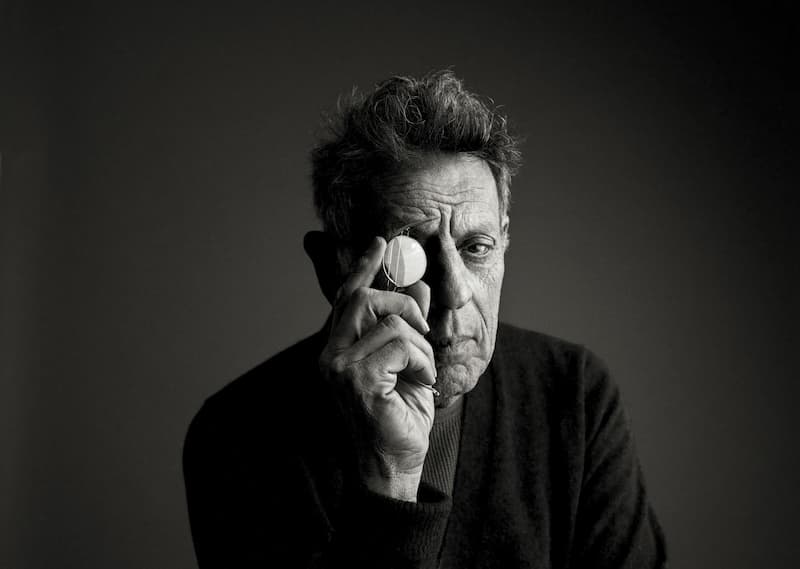
Philip Glass © s3.amazonaws.com
Glass is often misunderstood as a composer who has been repeating himself throughout his entire artistic career. For some, even he never had anything to say. This is utterly wrong, of course. And if one pays attention to his music, not only is it falsely repetitive — and to this extent, anyone who pays attention to Mozart’s music would realise that it is just as repetitive as Glass’s — but it has also evolved in many ways. From the mediums, the instruments: during the 1960s, Glass focused on electric instruments through the founding of his ensemble, he then moved to acoustic piano and particularly when his scoring career started, after this Glass started using traditional mediums such as the concerto, the symphony and the opera and through this he extended his vocabulary, whilst maintaining his singular voice. Later in his career, he naturally returned to the solo piano — with the composing of his piano etudes.
Philip Glass: Complete Piano Etudes
One can hear Beethoven, Schubert and even Rachmaninoff. Furthermore, it becomes quite obvious to anyone who listens to Glass’s piano etudes, which have been composed over the years and reflect his own artistic evolution. When left with the bare minimum of the instrument. The lyricism and the melodic choices reveal a tendency for Glass to return to the romantics. If the rhythm treatment is still very modern and minimalist, and the structures are what could be considered simple — and perhaps even recalling the classical period —, it is in the harmonic and melodic approach that the romantic in Glass reveals himself.

Philip Glass and his ensemble © philipglassensemble.com
In his latest project, Glass revisits some of his pieces for solo piano. His first project dedicated and recorded for piano solo was in 1989 and was very much focused on his minimalist approach to music. In this latest project, released thirty-five years later, Glass shows the romanticism that has slowly developed in his composition. A great example is his “Metamorphosis One”, which differs between both versions, the earlier and the latter.
Metamorphosis: One
The Devil’s Advocate now surely has a point. In fact, there are not many composers who have evolved so much during their careers. One could think of Beethoven, perhaps, as well as Stravinsky. And perhaps Pärt, too. And now Glass. If he is indeed one of the founding fathers of minimalism, it is with no doubt that he embodies modern classical music to a larger extent. In the most recent years, the music world has recognised the influence he has had on it and now many composers claim belonging to his tradition. Filmmakers particularly have recognised the romantic personality of the father of minimalism quite early, and the result is an extensive participation in the world of film scoring, and again, a tradition which many recent composers belong too.
For more of the best in classical music, sign up for our E-Newsletter

